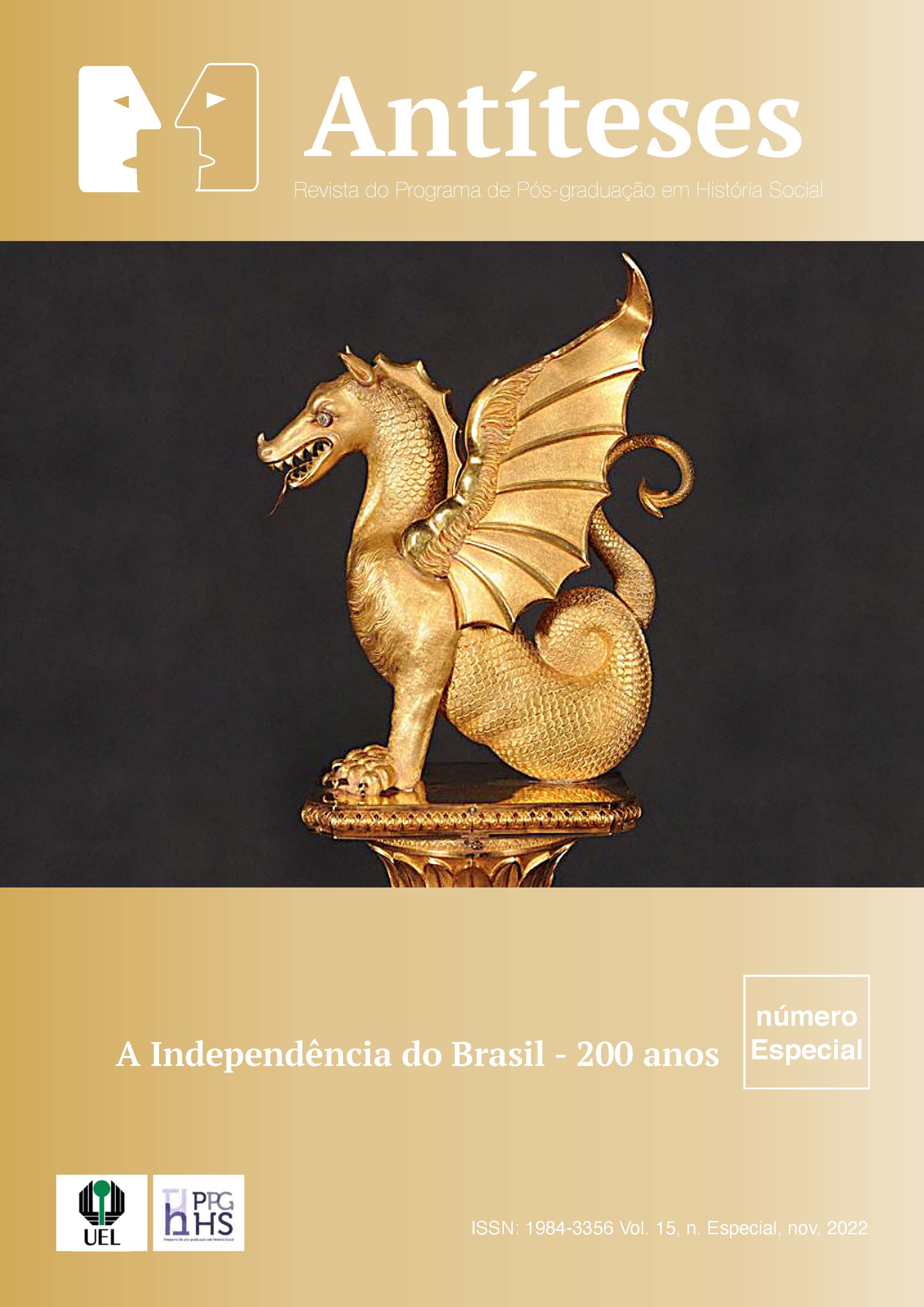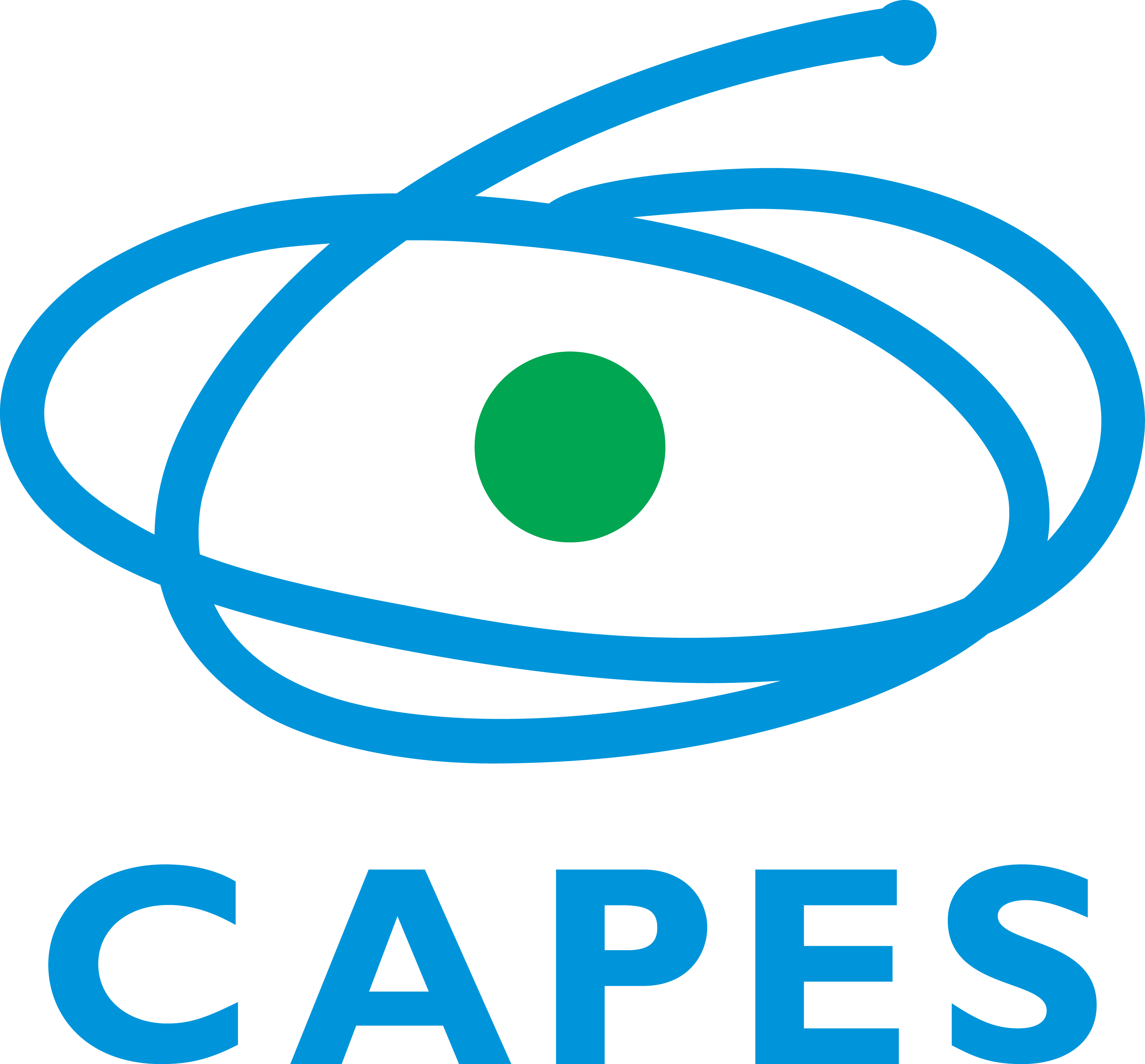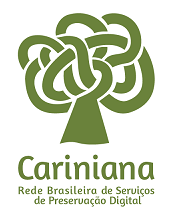From the Island of Vera Cruz (True Cross) to "Brasil"
A revisitation of the source of the name
DOI:
https://doi.org/10.5433/1984-3356.2022v15nEspecialp321-340Keywords:
Brasil ilha Brasil Pau-brasil ilhas míticasAbstract
The explanation that the name Brasil stems from pau-brasil cannot be understood when one ignores the story of the mythical island named Brazil. This essay is a serene revisitation of the topic outlining the historical background that may have led to the renaming of the island of Santa Cruz.
Downloads
References
ALMEIDA, Onésimo Teotónio. O século dos prodígios. a ciência no Portugal da expansão. Lisboa: Quetzal, 2018.
BOSWORTH, C. E. (ed.). The regions of the world: a persian geography. Translated by V. Minorsky. London: Luzac, 1970.
BUENO, Eduardo. A viagem do descobrimento. A expedição de Cabral e o achamento do Brasil. Cascais: Pergaminho, 2000.
CHRISTELLO, Chris. Vocês sabiam que o nome Brasil foi tirado do nome Beth Israel A (casa de Israel)? Blog Lusofonias.[2020]. Disponível em: https://blog.lusofonias.net/?p=793. Acesso em: 14 de outubro de 2020.
COUTO, Jorge. Pau-Brasil. In: DOMINGUES, Francisco (org.). Dicionário da expansão portuguesa. Lisboa: Círculo Leitores, 2016, v. 2, p. 619-620.
DODGE, Cameron J. G. A forgotten century of Brazilwood: the Brazilwood trade from the Mid-Sixteenth to the Mid-Seventeenth Century. In: e-Journal of Portuguese History, Porto, v. 16, n. 1, p. 1-27, June 2018.
DOMINGUES, Francisco Contente. Nome do Brasil. Destinatário: Onesimo Almeida. 18 de setembro de 2018. 1 mensagem eletrônica.
DURREL, Lawrence. Reflections on a Marine Venus: a companion to the landscape of Rhodes. London: Farber & Farber, 1953.
GARCIA, José Manuel. A descoberta do Brasil por Pedro Álvares Cabral. Lisboa: Jornal Público, 2015. v. 8. (Série Descobrimentos).
GILLIS, John R. Islands of the mind: how the human imagination created the Atlantic World. New York: Palgrave Macmillan, 2004.
HARRISSE, Henri, The discovery of North America: a critical, documentary, and historic investigation. London: Henry Stevens, 1892.
HEGGENS, Richard. Floating Islands: an activity book (draft). 2015. Disponível em https://books.google.pt/books?id=UfBlDwAAQBAJ&pg=PT1120&lpg=PT1120&dq=Solerio+map+1385&source=bl&ots=qXLhc4I6ZN&sig=HzogUZd2XTM-2Yg-7I7EJRm6cNs&hl=en&sa=X&ved=2ahUKEwiW24-gl8_eAhWxxoUKHc29CBkQ6AEwAXoECAMQAQ#v=onepage&q=Solerio%20map%201385&f=false, 2018. Acesso em: 03 abr. 2021.
HIGGINSON, Thomas. Tales of the enchanted islands. New York: The Macmillan Company, 1899.
JOHNSON, Donald S. Phantom islands of the atlantic. the legends of seven lands that never were. New York: Avon Books, 1996.
LOWENTHAL, David; BOWDEN, Marilyn (ed.). Geographies of the mind: essays in historical geography. New York: Oxford University Press, 1976. p. 43.
MCINTOSH, Gregory. The piri reis map of 1513. London: University of Georgia Press, 2000.
PEREIRA, Duarte Pacheco. Esmeraldu de Situ Orbis. Lisboa: Imprensa Nacional, 1892.
SÁ, Daniel de. Apontamentos manuscritos. E-mail pessoal de 27 de fevereiro de 2012.
PEREIRA, Paulo. Enciclopédia dos lugares mágicos de Portugal, Lisboa: Público D. L. 2006. v. 8.
ROMM, James S. The edges of the earth in ancient thought. Princeton, NJ: Princeton University Press, 1992. DOI: https://doi.org/10.1515/9780691201702
SERRÃO, Joel (org.). Brasil. Dicionário da História de Portugal. Lisboa: Iniciativas Editoriais, 1968.
VELHO, Álvaro. Roteiro da viagem de Vasco da Gama em MCCCCXCVII, 2. ed. Lisboa: Imprensa Nacional, 1861.
VESPUCCI, Amerigo. Carta de Américo Vespúcio a Lourenço dei Medici. In: AMADO, Janaína; FIGUEIREDO, Luiz Carlos (org.), Brasil 1500: quarenta documentos. São Paulo: Editora da Universidade de Brasília, 2001. p. 273-283.
Downloads
Published
How to Cite
Issue
Section
License
Copyright (c) 2022 Antíteses

This work is licensed under a Creative Commons Attribution 4.0 International License.
The journal reserves the copyright on the contributions published, without material compensation for the author, and may make them available online in Open Access mode, through its own system or other databases; you can also make normative, orthographic and grammatical changes in the originals, in order to maintain the cultured standard of the language, with the final consent of the authors. The opinions expressed by the authors are their sole responsibility.










